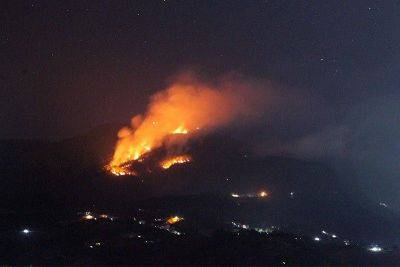Countries to bolster tobacco control
REPRESENTATIVES of 142 countries at the 10th session of the Conference of the Parties (COP10) to the WHO Framework Convention on Tobacco Control (WHO FCTC) agreed to strengthen guidelines on cross-border tobacco advertising, promotion and sponsorship.
The Department of Health (DoH) said that the conference in Panama held from February 5 to 10 decided to protect the environment and the health of people worldwide from tobacco waste.
The COP is the governing body of the WHO FCTC, the first international treaty negotiated under the auspices of the World Health Organization.
The Philippines in September 2003 signed the WHO FCTC and ratified it on June 6, 2005.
«At the start of the [Panama] Conference, Brazil proposed to add to the agenda an item about Article 18 of the WHO FCTC, which addresses concerns regarding the serious risks posed by tobacco growing to human health and to the environment. We joined the consensus of the Parties to address the environmental impacts from the cultivation, manufacture, consumption and waste disposal of tobacco products — including plastic cigarette filters,» Health Assistant Secretary Albert Domingo said.
During the conference, Health Undersecretary and DoH Chief of Staff Lilibeth David discussed the success of the Philippines in increasing excise taxes on tobacco, resulting in a win-win revenue deal for the Universal Health Care and a decrease in smoking prevalence.
At a side meeting on the State of Tobacco Taxation: Latest Global Developments and Outlook, participants and experts agreed that while an absolute ban is best, in countries that regulate vaporized nicotine and non-nicotine products, their excise taxes should be one and the same as those imposed on conventional tobacco products.
In a statement, the DoH said the delegation took a position that out of respect for Philippine law and the laws of similarly situated parties, there should be approaches for both countries that ban tobacco advertising, promotion, and sponsorship outright and for those who restrict.
COP10 also adopted the Panama Declaration, which draws attention to the fundamental and irreconcilable conflict between the interests of the tobacco industry and the







